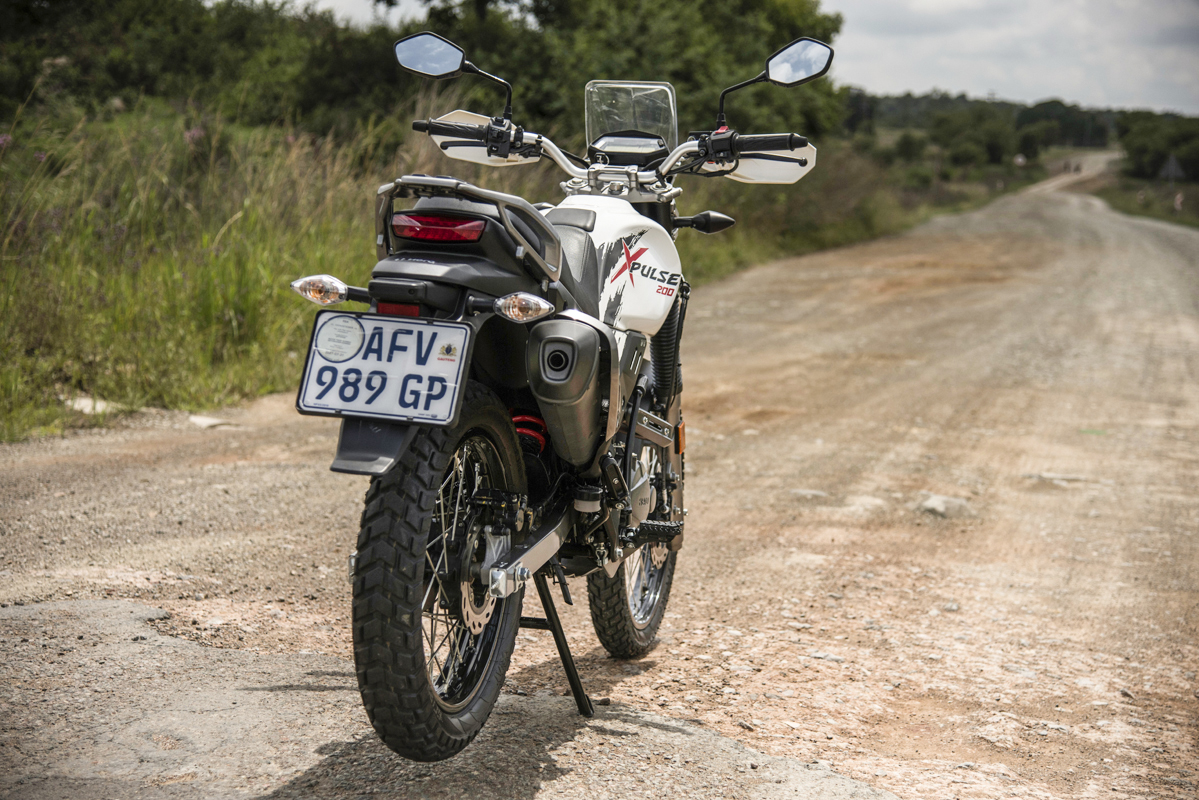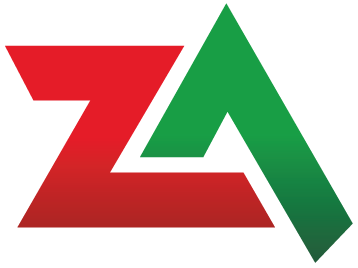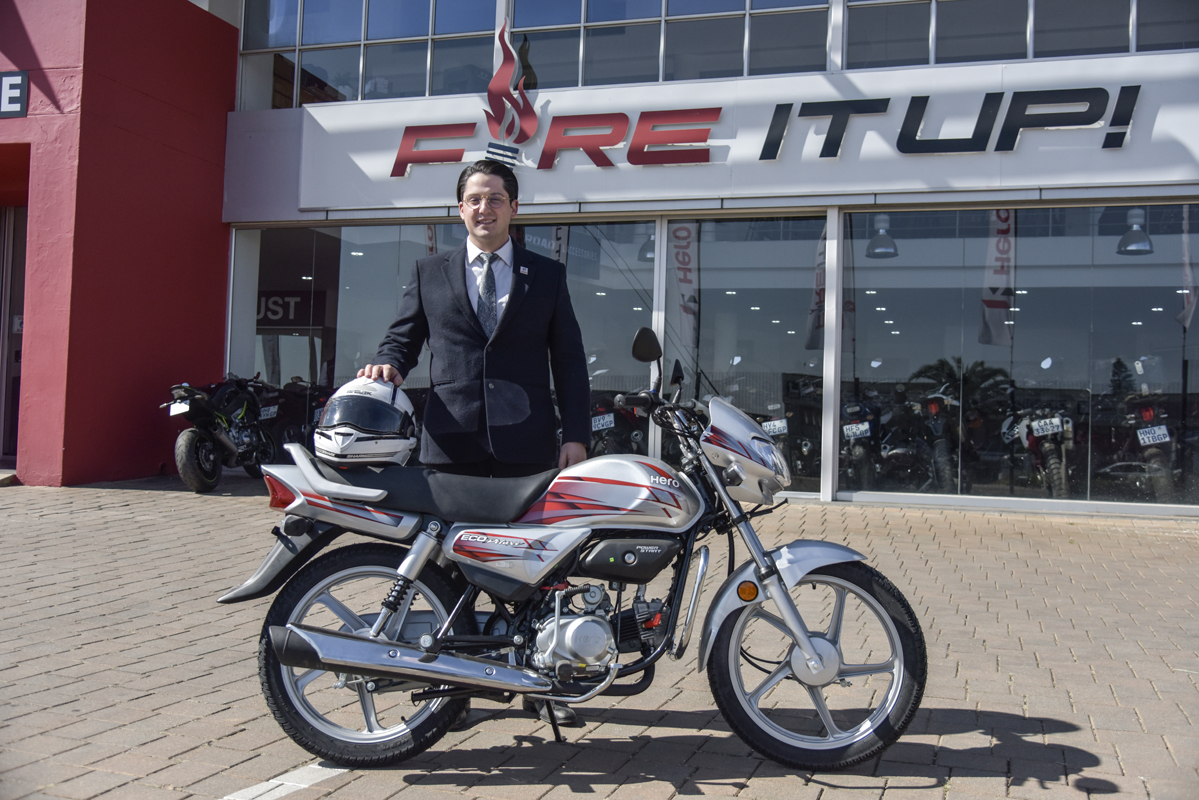
The motorcycling scene in South Africa has changed over the last 40 years. We’ve all told stories about how the bike sheds at school used to be full of 50cc motorbikes that we as kids used to get to school and get around on the weekend.
Nowadays, school bike sheds stand empty and the number of kids riding motorbikes on the road has dwindled to virtually nothing. There are many reasons for this, which we don’t need to go into here; they are well enough known. But the fact remains that motorcycling in South Africa has become the preserve of the middle-aged, relatively wealthy individual. Motorbikes are no longer a means of transport; they are a leisure item. Yes, I know some of you reading this use your ‘bikes to get to work but I would bet that you are in the minority of motorcycle owners.
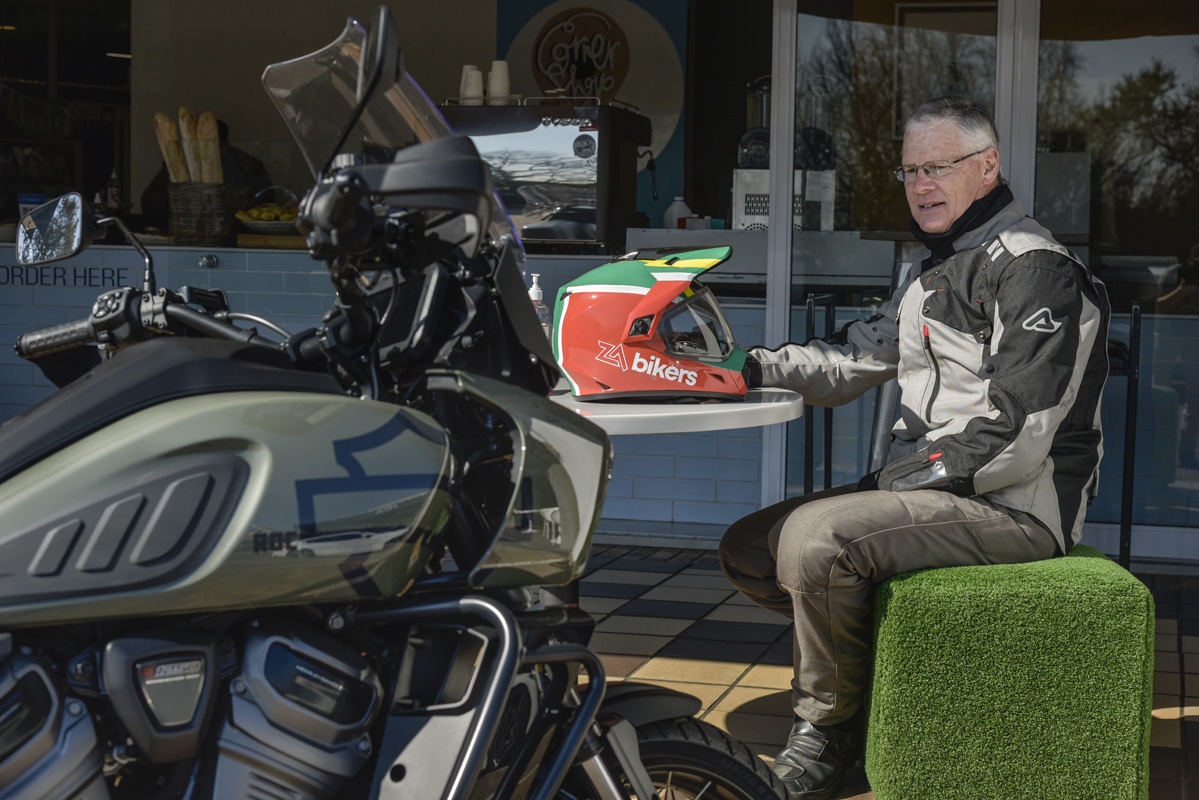
Having said all that, there are indications that this might be changing. In recent years, the proliferation of motorcycles in the 100-150cc range has mushroomed. They are largely used for the delivery industry but, with the appearance on these shores of much better small-displacement bikes, people are starting to look at them with an eye on convenience and practicality, not to mention the economy.
Hero Motorcycles sell in huge numbers in India. They are seen as a high-end purchase among the many brands on offer there. Now the brand is here in South Africa, under the auspices of Fire It Up!
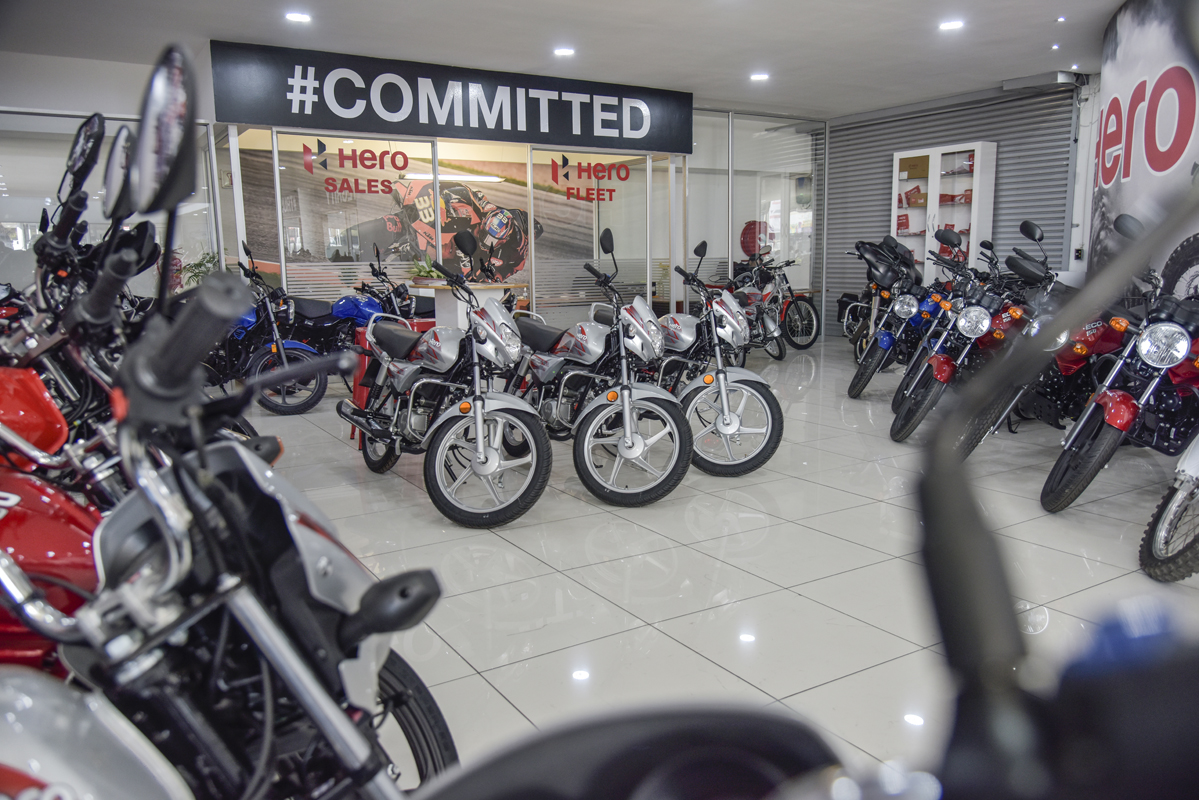
Fire It Up! CEO Craig Langton spoke to us recently about a surprising conversation that he had with a new Hero customer:
“When we landed our Hero Motorcycles in South Africa, we had a clear plan that the bigger models (Xpulse200) would be ideal for the leisure market and the Eco Deluxe and Eco 150 aimed squarely at the commercial segment.
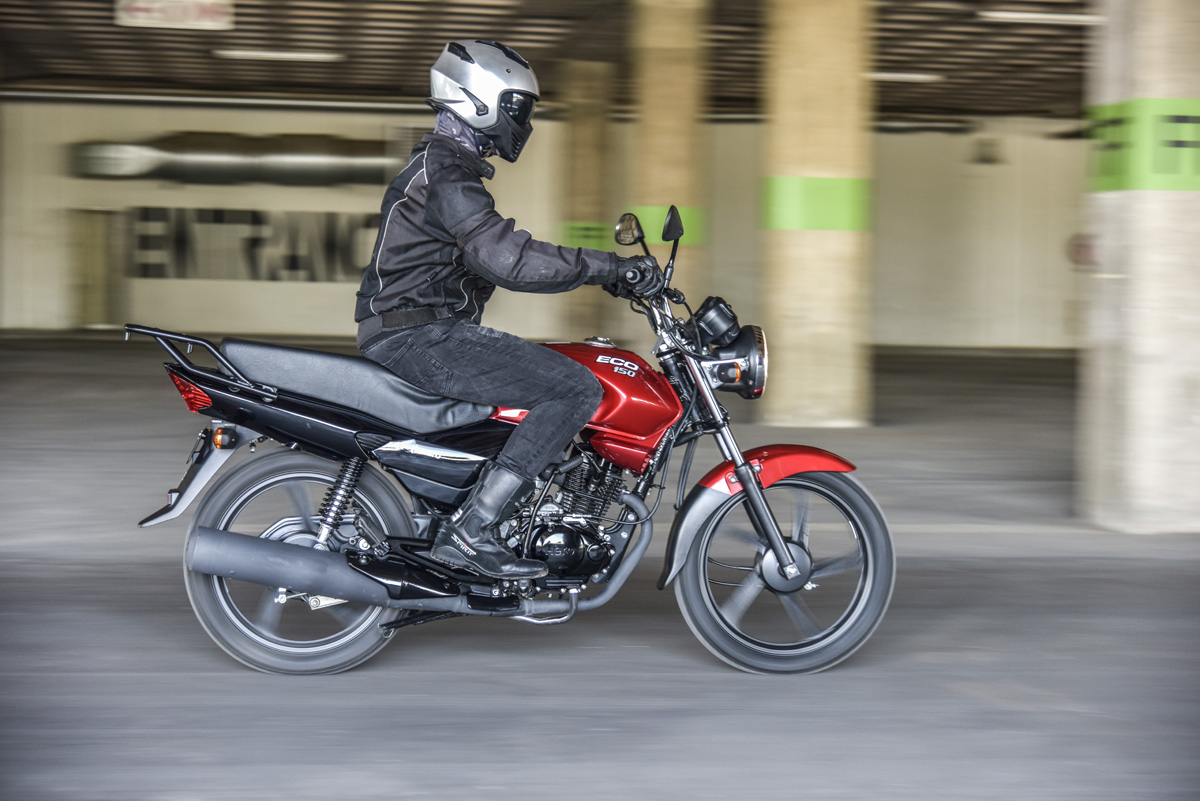
“Recently we have sold several of our Eco Deluxe models to a younger generation motorcyclist ranging from 21 years up, who view motorcycling purely as transport, rather than recreation.
“I chatted to a young gent (23), well educated, who had just purchased an Eco Deluxe and I asked him why he had chosen to purchase the motorcycle. It was interesting to hear his perspective when he mentioned that he wanted the most economical means of transport to work, was extremely mindful of the environment and wanted to create as little pollution as possible.
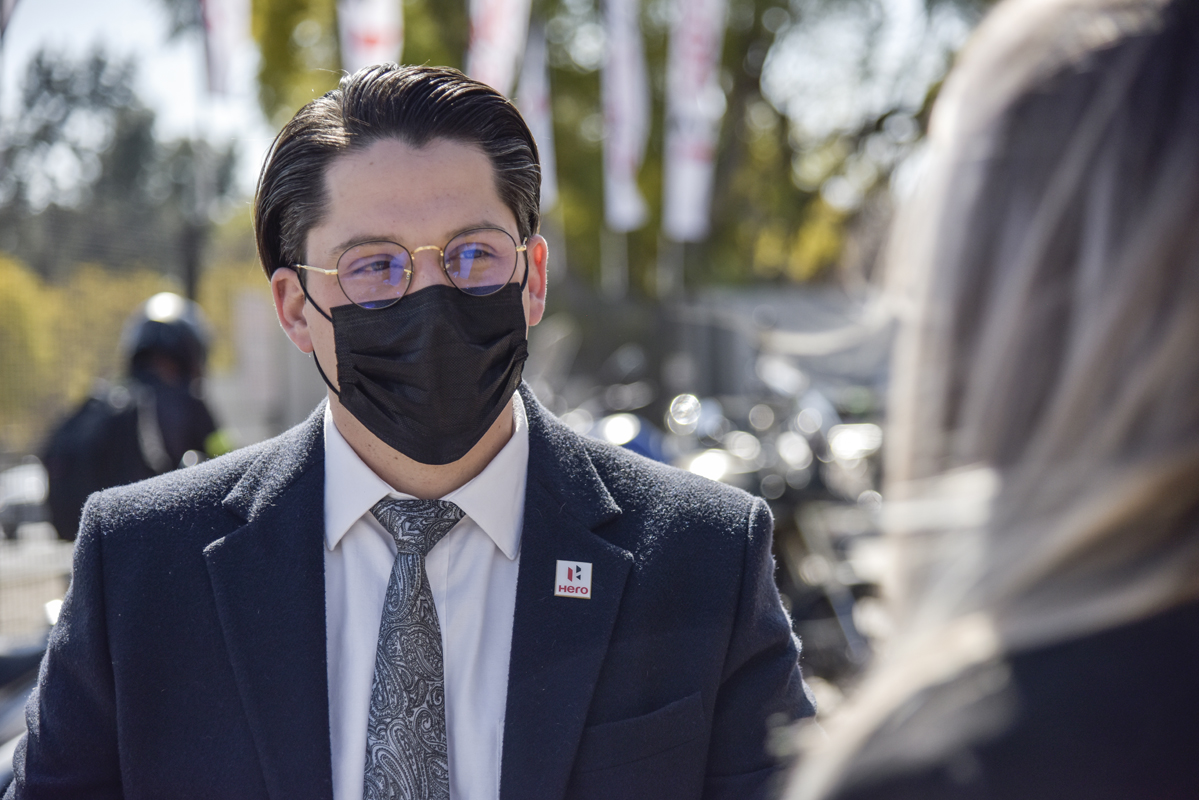
“He also believed the fuel price was going to continue to rise. When I offered him membership to our TRIBE Club and to join other customers on our Economy Adventure (JNB to DBN) he showed no interest whatsoever; he viewed motorcycling purely as a means of transport!
“Being as passionate about motorcycling as I am, I was horrified at first but then wondered, are we starting to finally see the next generation of motorcyclists who choose motorcycles over cars? We might not understand it but it’s nothing new in motorcycling,” said Craig.
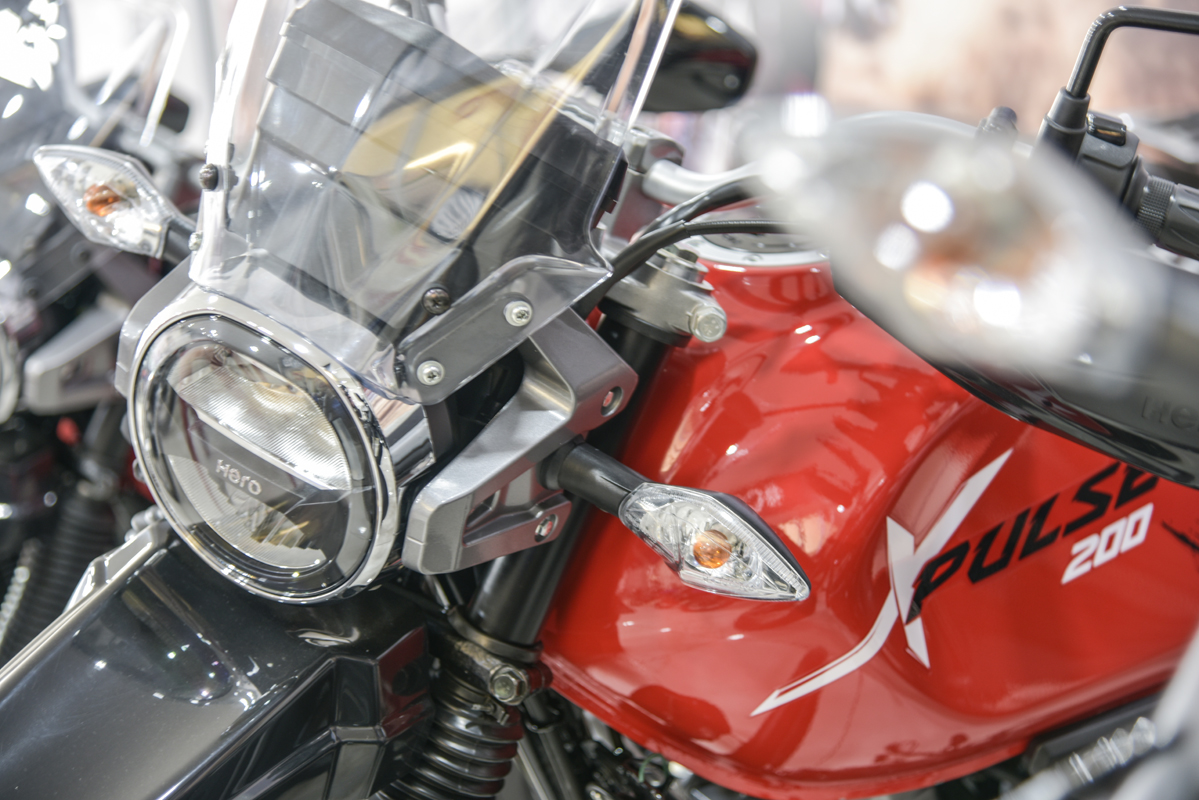
Before cheap small cars came along, in the 1950s, a motorcycle was the default means of transport for thousands of people who had no interest in them other than moving themselves and their families around. It is only recently that motorcycles have become a leisure purchase first and a practical means of getting around second.
If this – buying a motorcycle for purely practical reasons – is a trend that is going to continue, that’s great news for the South African motorcycle industry.
